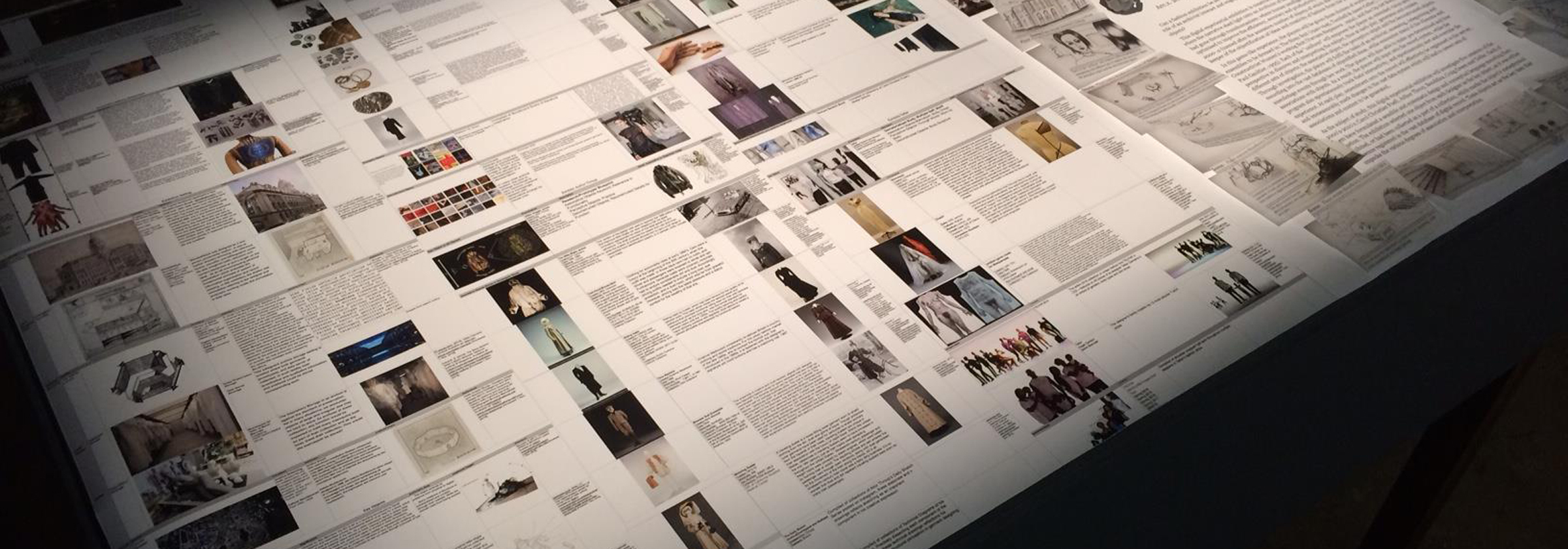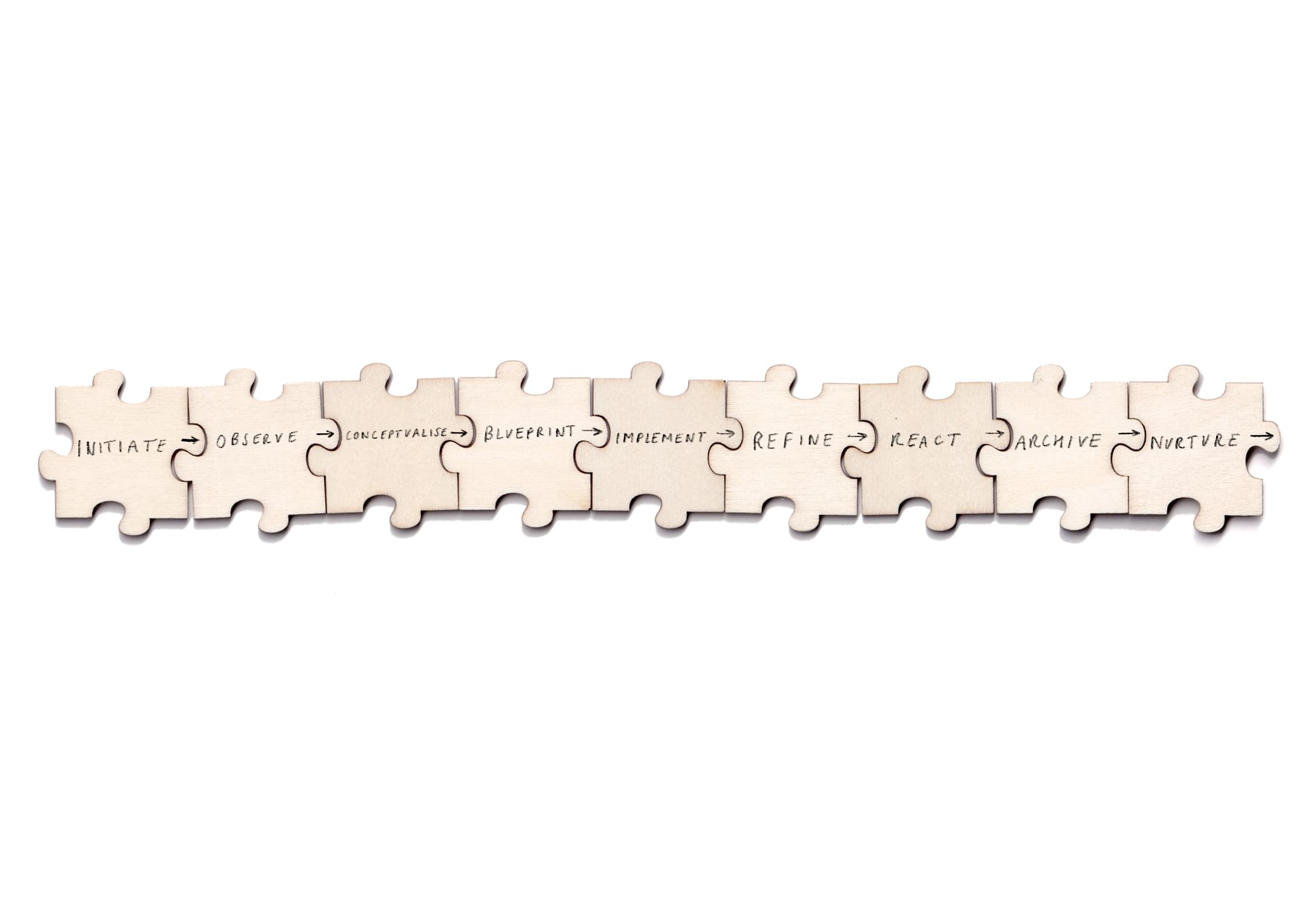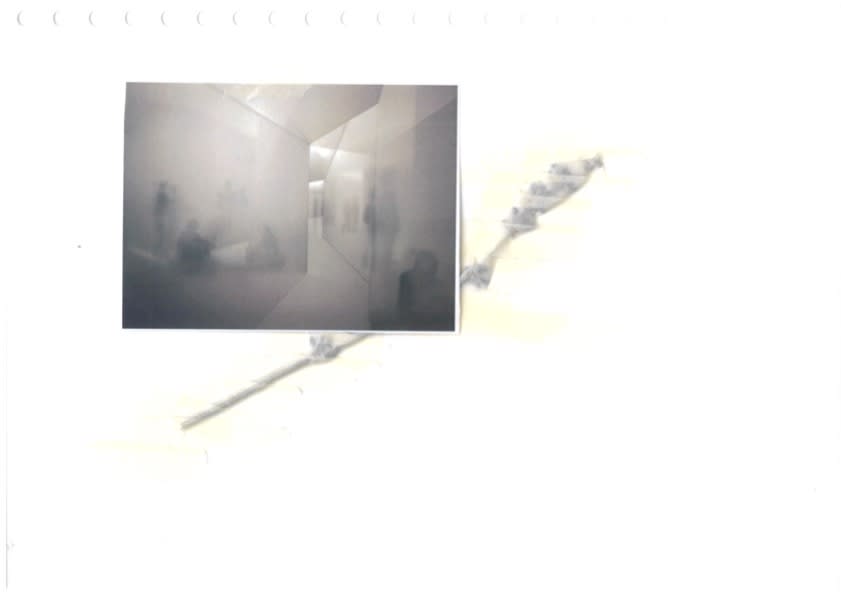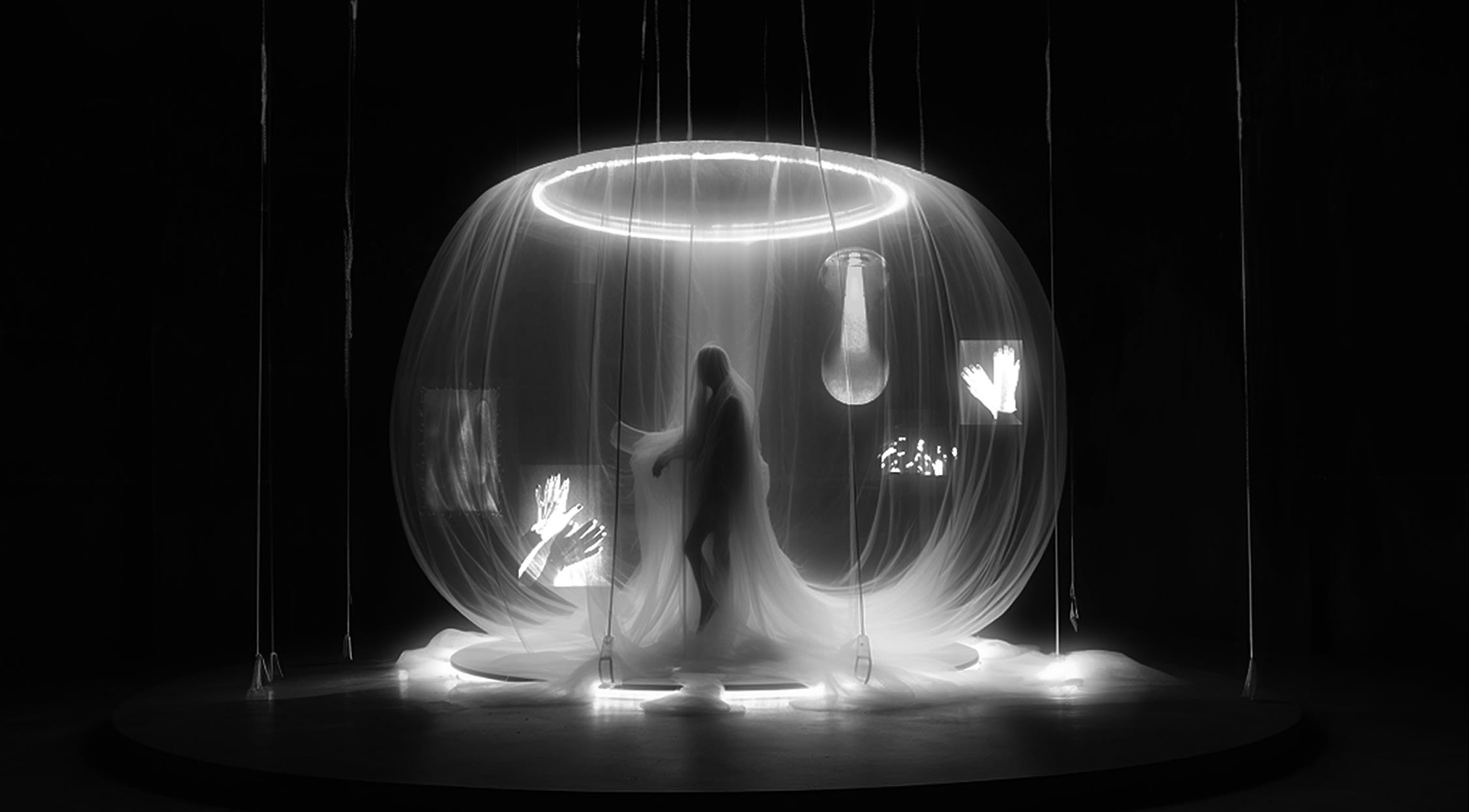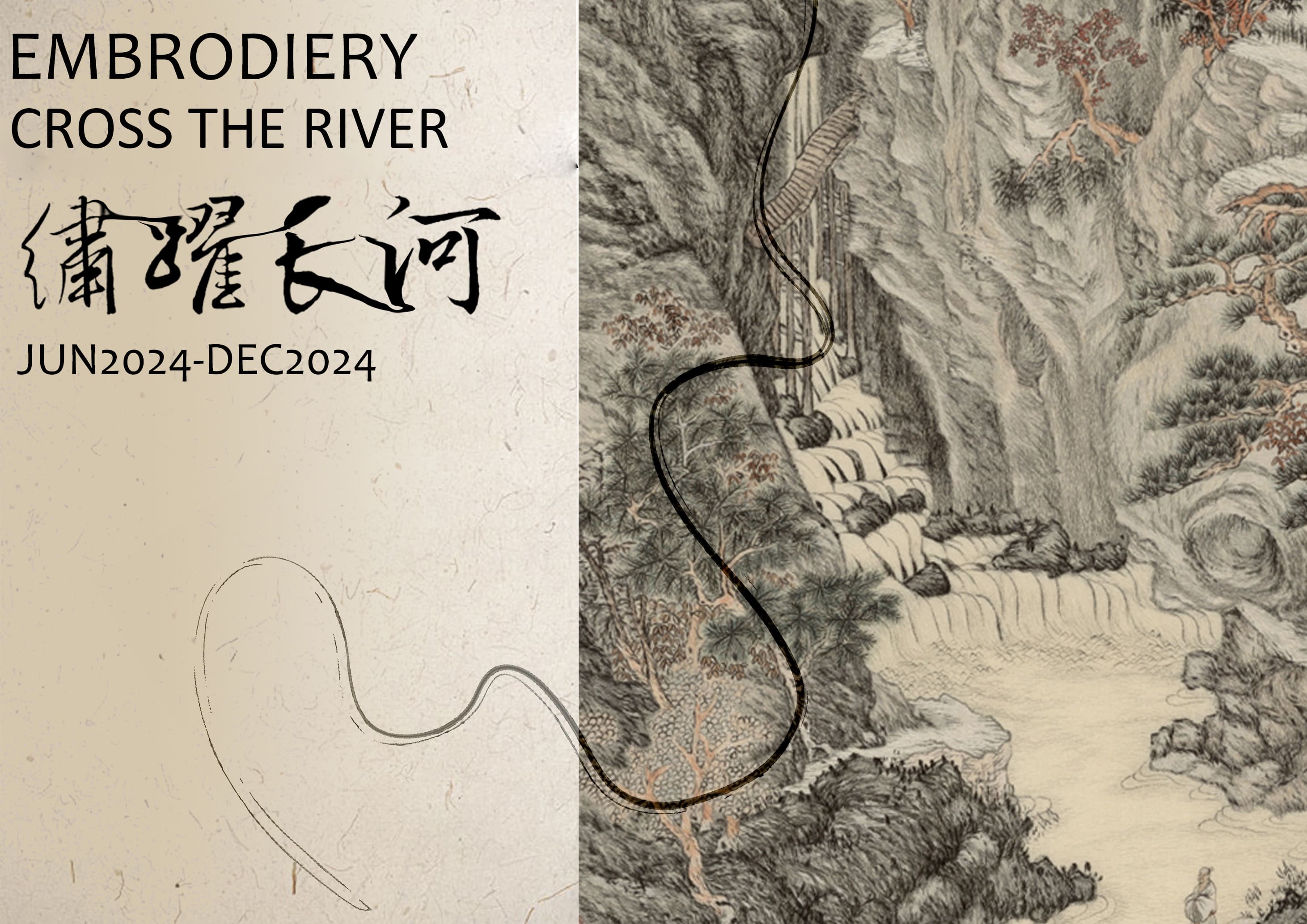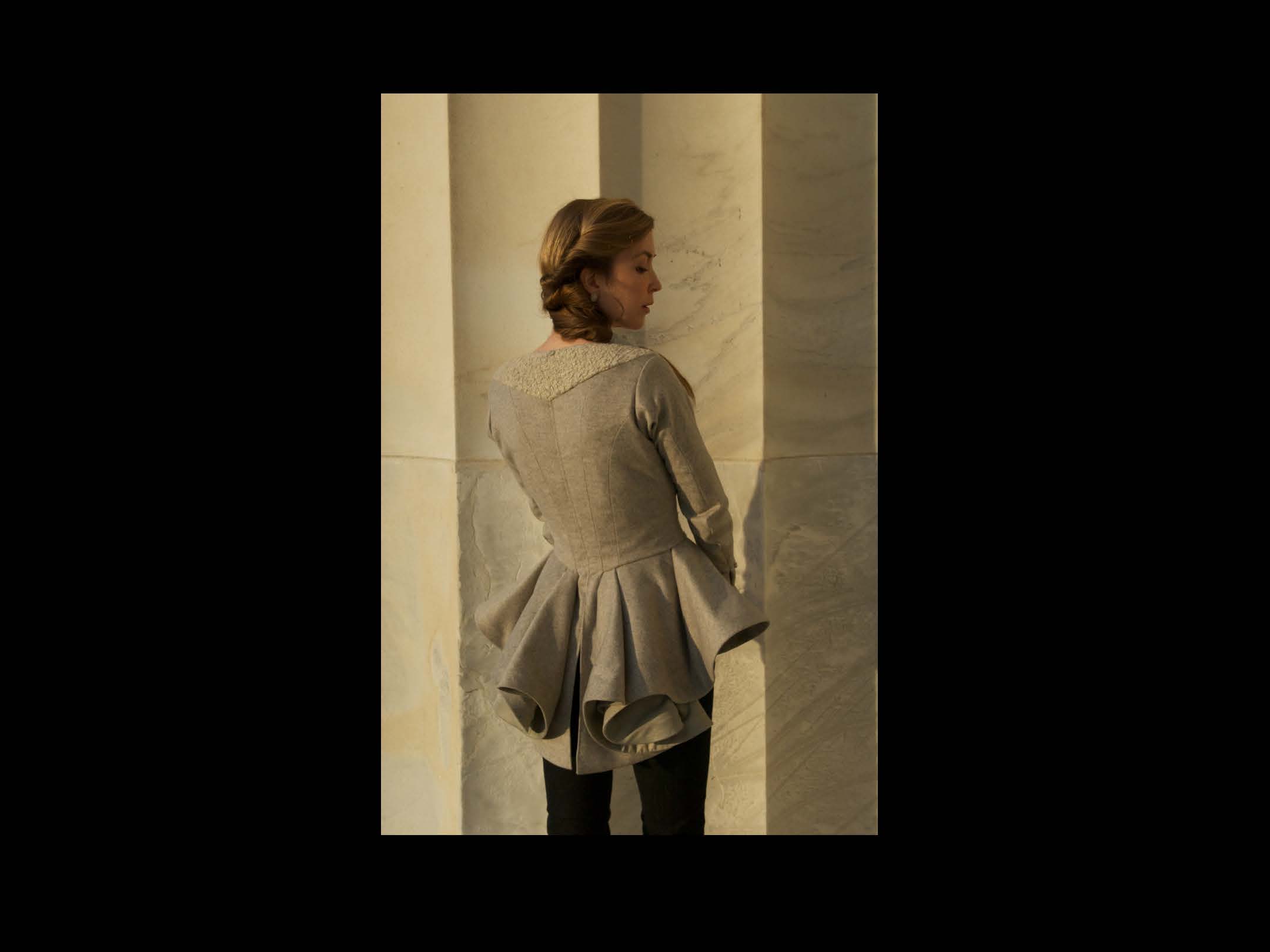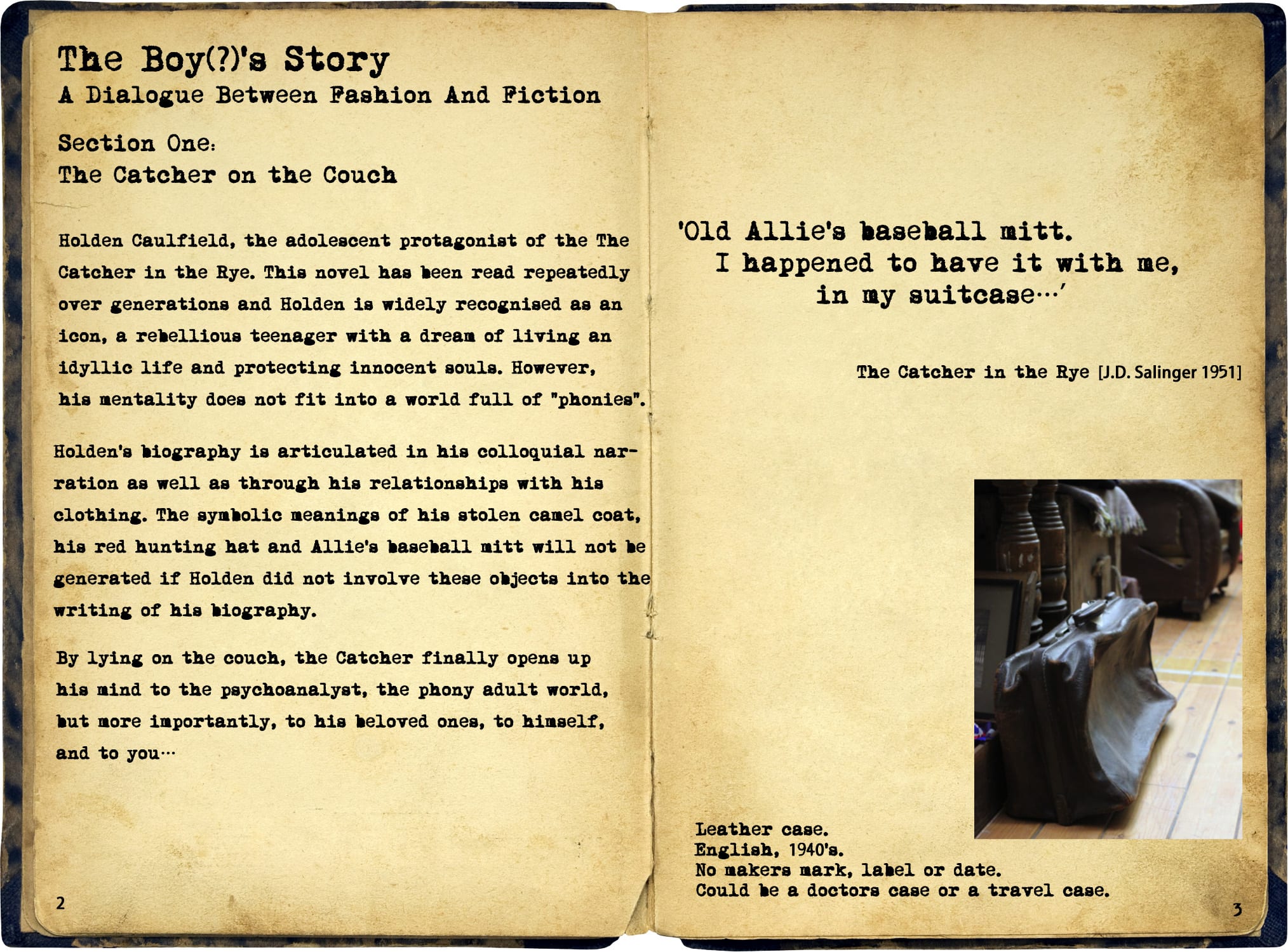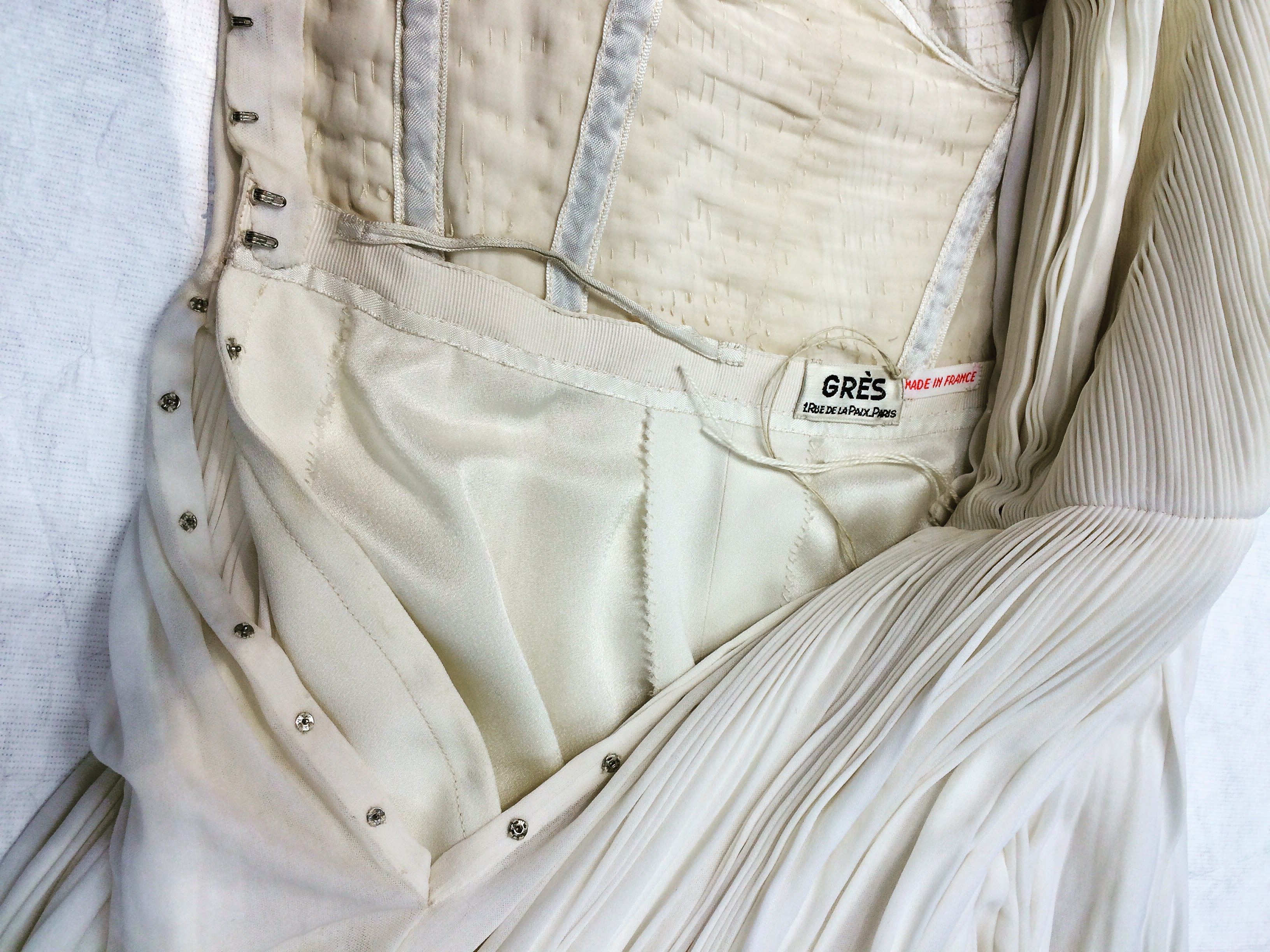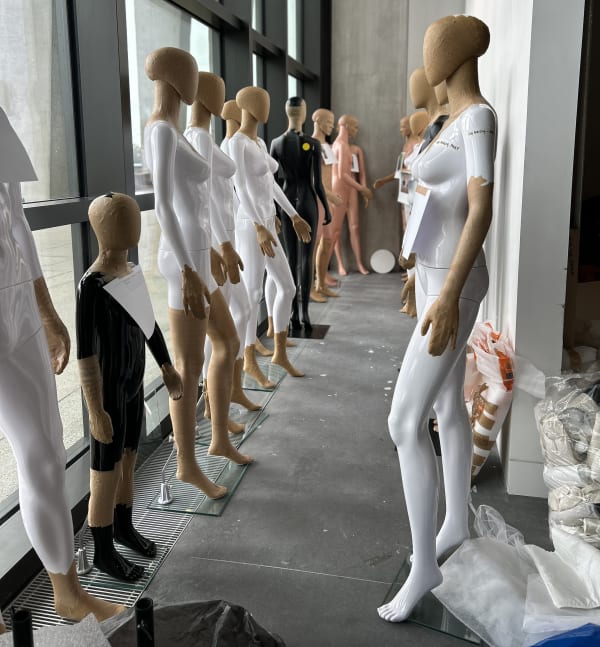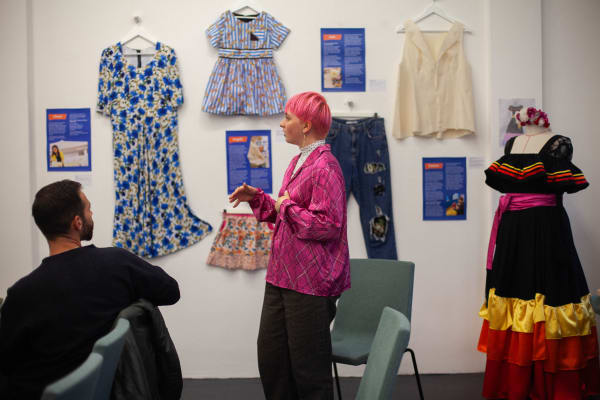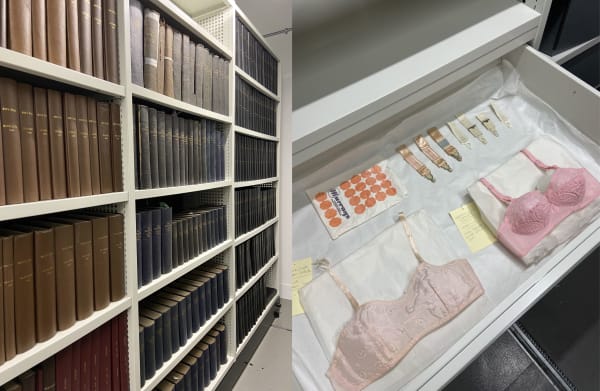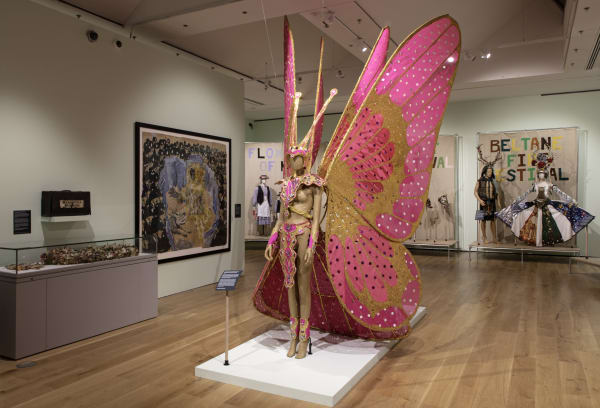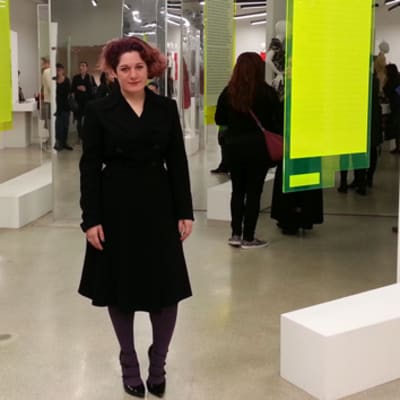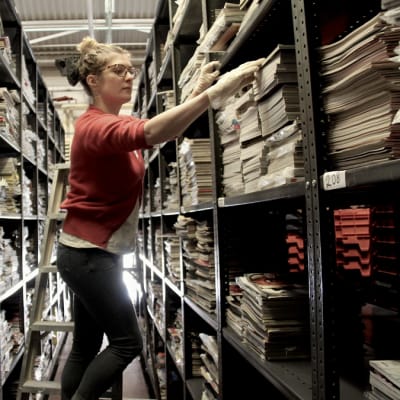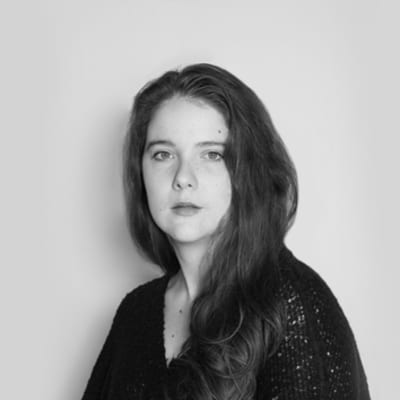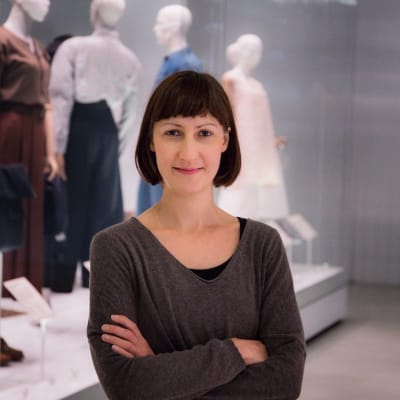Dr Veronica Isaac
Dr Veronica Isaac is a freelance curatorial consultant, lecturer and writer who specialises in the history of dress and theatre costume. Her research highlights the importance of working with surviving costumes, examining them closely and unpicking the memories and meanings they carry in their fibres.
She spent a decade working in the Department of Theatre and Performance, Victoria and Albert Museum and her PhD focused on the personal and theatrical wardrobe of the actress Ellen Terry (1847-1928). She also currently acts as Book Reviews Editor for Studies in Costume and Performance and recently contributed chapters to Performance Costumes: New Perspectives (2020) and, Scenography and Art History: Performance Design and Visual Culture (2021).
She is committed to promoting a new appreciation of the ‘cultural value’ of costume for performance and to documenting, sharing and preserving the stories of their creators. In pursuit of this aim she is currently working with Dr Jade Halbert, University of Huddersfield on Constructing Costume Histories – a research project that establishes the central role of costume making and costume makers in the long and vibrant history of British performance.
Jeffrey Horsley
Jeffrey Horsley originally trained in Theatre Design completing a BA Drama at Manchester University and a PG Diploma at Croydon College. Subsequently, Jeff worked as curator: design at Manchester Art Gallery and head of exhibitions at Manchester Museum. Jeff returned to education, studying MA Fashion at Manchester Metropolitan University which led to a PhD, completed in 2012, at London College of Fashion. Jeff has been post-doctoral research fellow, Centre for Fashion Curation, LCF, since 2015 where his research interests focus on historic and experimental aspects of exhibiting fashion and fashion exhibitions and biographies. www.jeffreyhorsley.com
Nadia Malik
is the Programme Director for the Performance Courses at London College of Fashion, UAL. She has previously been Course Leader for BA Costume Design and Making at Nottingham Trent University and Costume With Textiles at the University of Huddersfield, Head of Wardrobe at the University of Essex and lectured at various other universities.
Nadia is the Reviews Editor (Exhibitions and Events) for the journal Studies in Costume and Performance, a Fellow of the Higher Education Academy, a committee member of the Society of British Theatre Designersand a PhD candidate at Aalto University, Helsinki. Her research work focuses on Knowledge Exchange between academia and industry through experimental pedagogical practice in costume. She holds a BA in Textile Design from Nottingham Trent University and an MA in Costume Design for Performance from London College of Fashion, UAL.
Nadia’s design work has encompassed new and classic writing, opera, folk and contemporary dance, experimental site-specific devised work and live art, including international festivals. With a collaborative approach to performance devising, her work explores the human body, movement, and how costume-led design practice can engage audiences with performance. She has also curated and produced costume events.
